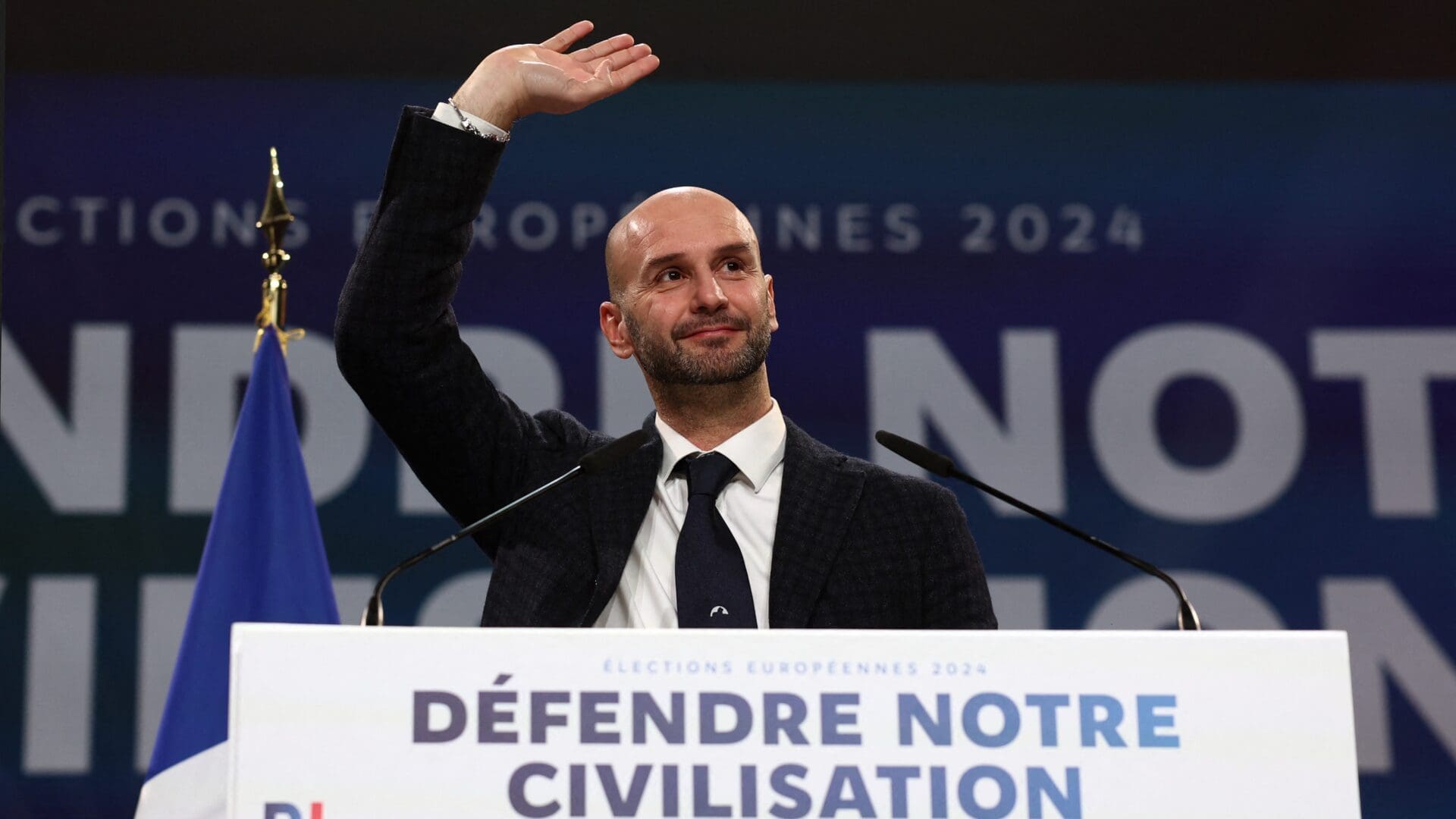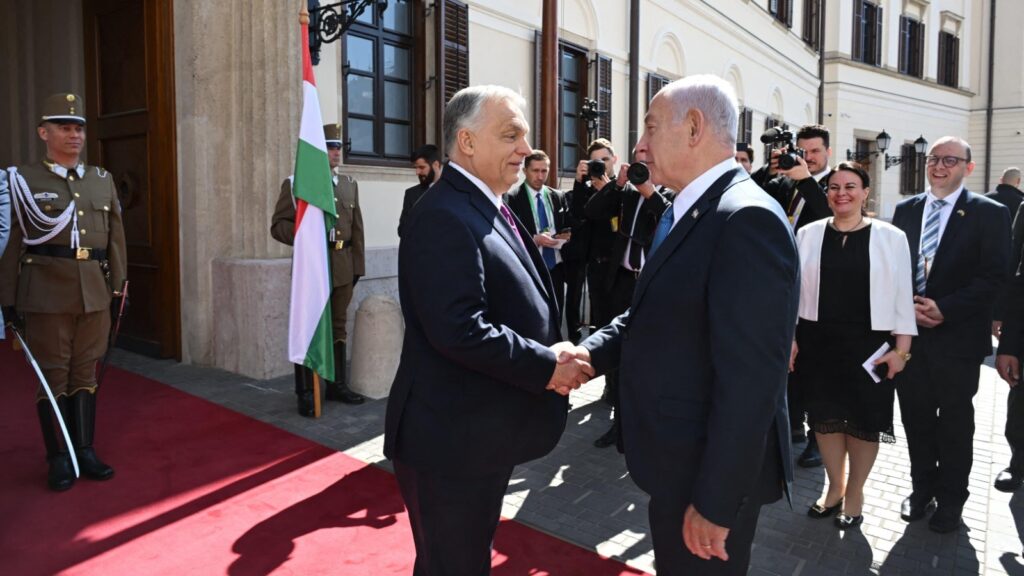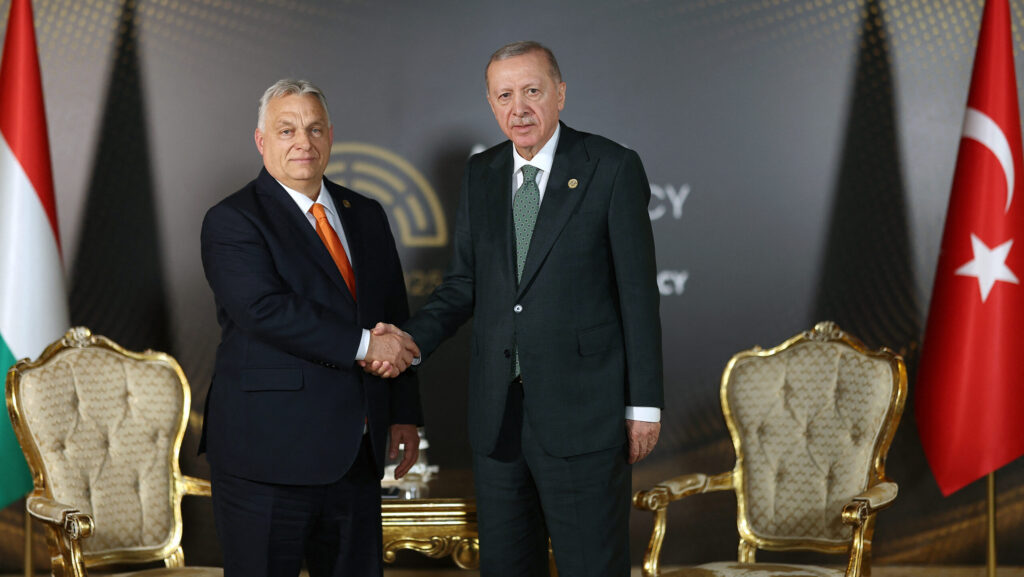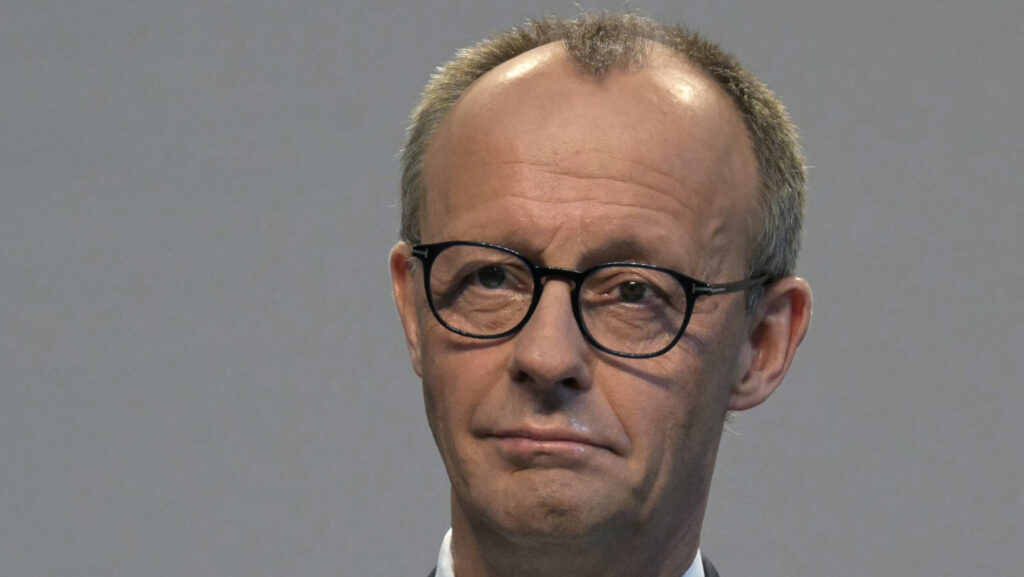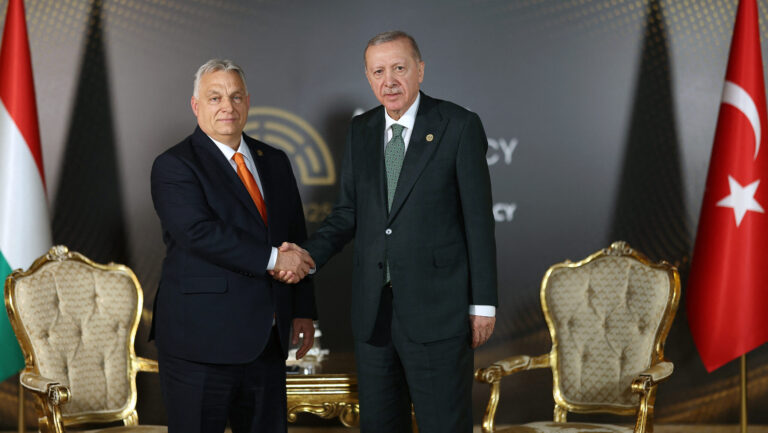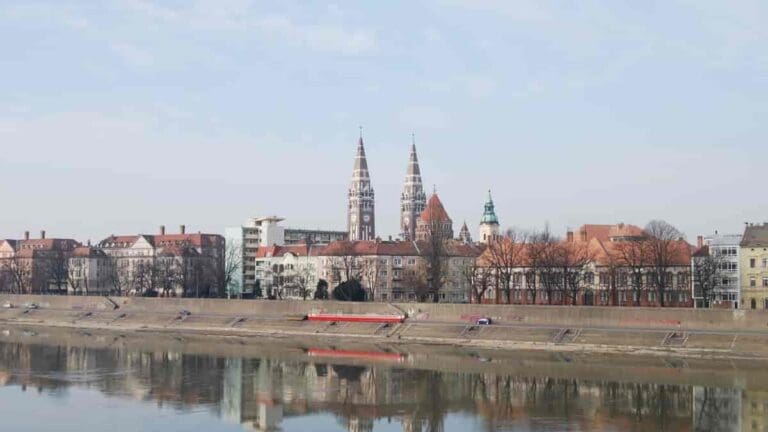The co-chair of the European Conservatives and Reformists (ECR) political group in the European Parliament has voiced his support for Hungarian Prime Minister Viktor Orbán. Nicola Procaccini expressed his views during a meeting of the political group in Subiaco, Italy, on Thursday, stating: ‘Viktor Orbán is compatible with Europe, and anyone attempting to demonize him today is merely leveraging his persona to enforce a minority political agenda onto others.’ Procaccini stressed that ‘Viktor Orbán was democratically elected and Hungary is a member of the European Union’.
Speaking about the upcoming European Parliament elections, Procaccini remarked that they will mark a departure from the majority in the Commission led by Ursula von der Leyen, and that there will be significant shifts compared to the last five years. ‘The winds will change a lot,’ he underlined, according to MTI.
‘It is a foregone conclusion that
the next European Commission will lean towards the centre-right,
irrespective of the outcome of the European Parliament elections, as the Commissioners will be appointed by a majority of centre-right European governments,’ he stated. Procaccini clarified that the ECR does not hold personal objections to Ursula von der Leyen; rather, their opposition is directed towards the recent composition and functioning of the European Commission.
The Italian right-wing politician cited the green transition policy as an example of the left’s flawed policies, highlighting what he perceives as a war against farmers, livestock keepers, and fishermen. Additionally, he criticized what he termed as the ‘culture of erasure,’ which aims to obliterate the spiritual and cultural foundations of the European Union.
The participants of the ECR meeting outlined the values of conservative forces in a 12-point document. The first point asserts that Europe primarily represents a historical and cultural entity, with a shared identity deeply rooted in the Judaeo–Christian tradition.
The second point emphasizes that conservative forces reject the notion of a false dichotomy between either no Europe or increased European integration. The document underscores that enhancing cooperation among European states should not entail diminishing the sovereignty, cultural, and historical identities of individual member states. The document highlights that adherence to tradition does not equate to rejecting progress. It underlines that while valuing tradition, the European Union should not serve as a means to impose progressive ideologies or moral relativism.
The charter calls for the protection of the right to life and urges action to combat demographic decline by highlighting the importance of the traditional family unit consisting of both women and men. The final point rejects the so-called gender and woke culture.
Supporting Viktor Orbán holds particular significance in light of the forthcoming European Parliament elections. The ECR has seen a notable increase in its support since the 2019 elections, with POLITICO's Poll of Polls suggesting a potential doubling of EP seats from 43 to 80 based on current trends. Recent press reports have indicated
the possibility of Fidesz MEPs joining the ECR group in the new EP following the June elections.
While Viktor Orbán has discussed the issue with Italian newspapers, neither party has officially confirmed the information. Nevertheless, such a decision would not be unexpected, given the ECR is full of politicians and parties with whom the Hungarian government shares particularly good relations, ranging from Italian Prime Minister Giorgia Meloni to former Polish Prime Minister Mateusz Morawiecki.
This isn’t the first instance of Procaccini voicing support for the Hungarian prime minister. Following last December’s crucial European Council summit, where member states decided to initiate Ukraine’s EU accession process, the Italian politician remarked: ‘Prime Minister Viktor Orbán’s position is understandable, because he is being blackmailed, but EU funds are not a gift, Hungary has a right to them,’ alluding to EU funds earmarked for Hungary but held back due to various unfounded reasons. ‘We are talking about the Cohesion Fund, we are talking about the money after the new coronavirus epidemic: these are all funds that are not a gift to Hungary, but funds that Hungary has the right to receive,’ Procaccini underscored.
Read more on the upcoming European Parliament elections:

